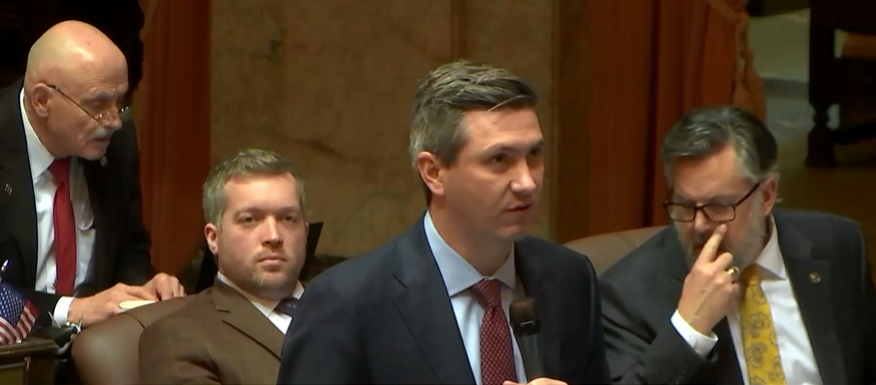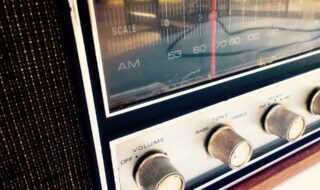Topics:
February 7, 2023
NFIB Testifies Against Bill on Wage Claim Violations
State Director Patrick Connor reports from Olympia on the small-business agenda for the legislative and political week ending February 3
Small Business Day, March 16- Due to numerous legislative conflicts, NFIB is rescheduling Small Business Day at the Capitol to Thursday, March 16. Click here for additional information or to register.
- HB 1136, Employee expense reimbursement. The House Labor & Workplace Standards Committee on Friday, February 3, 2023, approved this bill requiring timely reimbursement for necessary purchases by an employee made on behalf of the employer. The approved version included an amendment NFIB negotiated with the Washington Employment Lawyers Association. The amendment removed a proposed new cause of action that would have allowed workers to sue to resolve disputes over these expenses, instead treating them as wage claims adjudicated by the Department of Labor and Industries. L&I was granted rulemaking authority to further define the terms and conditions of these reimbursements. And, aggrieved workers would still be able to terminate the Department’s complaint process and file suit in court if they so choose. NFIB supports this compromise legislation.
- HB 1217, Wage claims. The House Labor Committee deferred executive action on this bill that would add a 12% annual interest rate penalty on employers for alleged wage claim violations. The bill would also empanel a workgroup facilitated by L&I to review wage claim processes in all 50 states, plus Washington, D.C., and recommend changes to Washington’s wage complaint system. NFIB and the Association of Washington Business (AWB) testified against the bill citing the unfairness of the 12% penalty, imbalance in the workgroup’s membership, and lack of time given the group to complete its tasks. NFIB and AWB met with the bill sponsor, as well as with the committee chair and ranking Republican, to discuss our concerns and suggest amendments. The deferral of consideration should allow time to agree upon and draft amendments to the bill, provided the sponsor and advocates are willing to actually make the changes the sponsor agreed to in principle with NFIB and AWB.
- HB 1393, Delaying electrician apprentice mandate. NFIB showed its support for this proposed two-year delay in mandating that all new electrician training be done through state-approved (read “union operated”) apprenticeship programs.
- HB 1462, Work hour requirements for taking electrical exams. At the same hearing this week, NFIB went on record opposing this bill that would reduce flexibility and impose strict hours-worked requirements on electrical apprentices (including open shop / non-union trainees) before they would be allowed to take the licensing exam. NFIB also opposed the companion, SB 5320, when it was heard in the Senate Labor & Commerce Committee.
- HB 1392 and SB 5464, Right to Repair certain consumer electronic devices. NFIB testified in support at public hearings this week before Senate and House committees considering these companion bills that would require electronics manufacturers (like Apple) to sell parts, tools, instructions, and related documentation at fair market value to individuals and small computer repair shops. While Apple lined up its industry trade associations to testify against the bills, it was clear there is no measurable public backing for the tech giant’s opposition. In the House committee, in addition to several panels of witnesses speaking about the bill, there were 300 individuals who signed in to show support for this legislation, ZERO opposed, one was “other.
- January 7—Small Business Day in Olympia, March 16

State:
Get to know NFIB
NFIB is a member-driven organization advocating on behalf of small and independent businesses nationwide.
Related Articles

July 7, 2025
LISTEN: NFIB’s Josh McLeod Discusses Beneficial Ownership Rep…
Those who fail to comply would be subject to civil and criminal penalties…
Read More


July 7, 2025
LISTEN: NFIB’s Josh McLeod Discusses Beneficial Ownership…
Those who fail to comply would be subject to civil and criminal penalties…
Read More


July 3, 2025
Washington Comment on Latest NFIB Jobs Report
If future ones are any better, it won’t be because of anything happening…
Read More


July 1, 2025
NFIB Urges Lawmakers to Support Main Street and Override Veto o…
The measure would curb unelected officials’ ability to impose costly new re…
Read More







